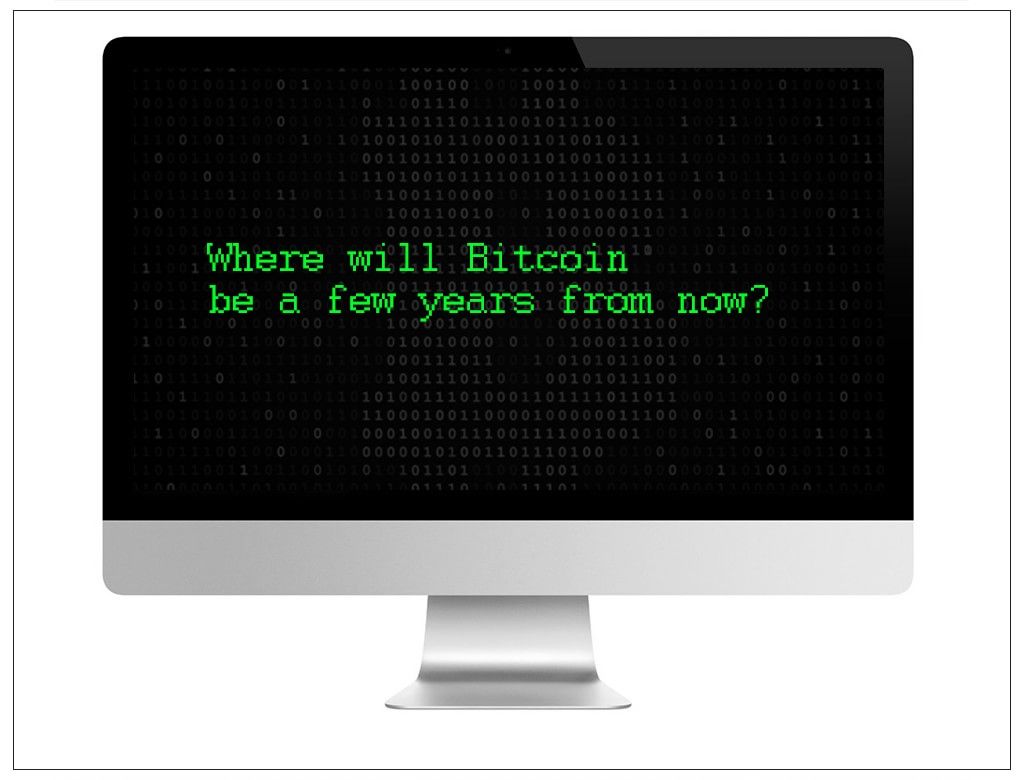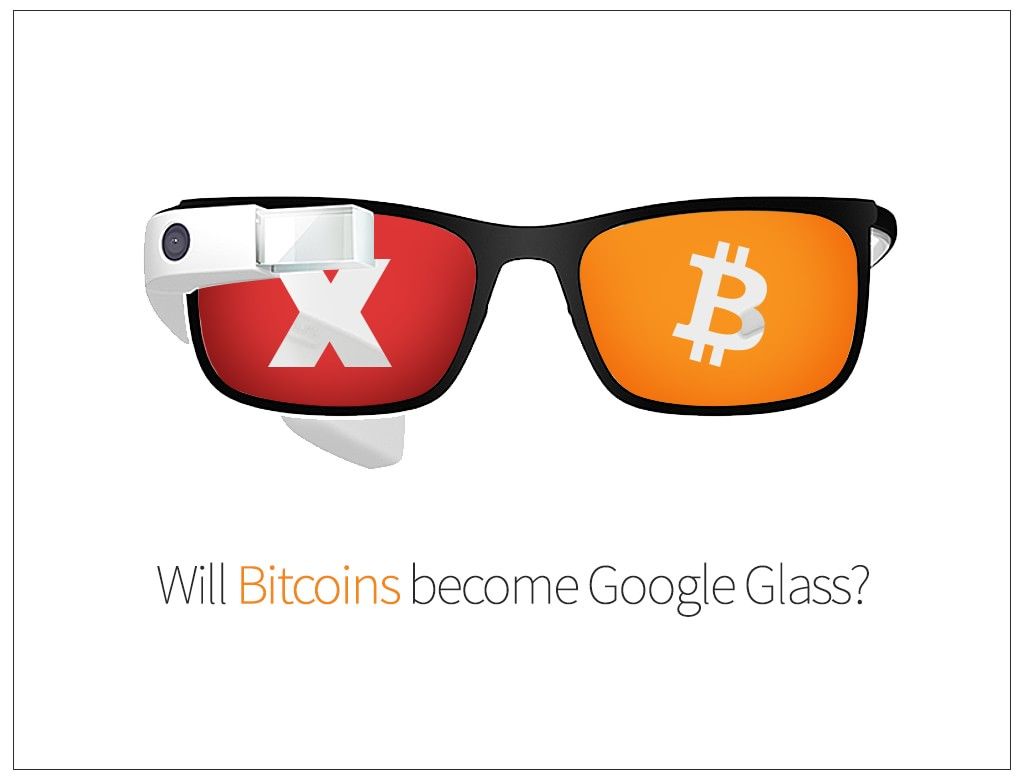Mar 14, 2015
Blockchain meets Artificial Intelligence
Posted by Rob Chamberlain in categories: big data, bitcoin, business, complex systems, computing, cryptocurrencies, disruptive technology, information science, robotics/AI
Quoted: “The decentralized Sapience AIFX project has developed a distributed artificial intelligence system running on a cryptocurrency network. In addition, the project has implemented the first distributed database platform running entirely over the bitcoin peer-to-peer protocol, built on top of a distributed hash table with redundancy, resiliency, and multi-dimensional trie-based indexing. These technologies are the first core pieces in the Sapience AIFX platform strategy to be the market leader in the consumerization of the blockchain.
The project has implemented the first in-wallet interactive Lua shell, bringing developers unprecedented capabilities to build solutions leveraging the blockchain, multi-layer perceptron networks, and distributed data storage. The possibilities span from algorithmic trading tools to bioinformatics and data mining, and the traditional applications of deep learning.”
Read more here > http://www.pressreleaserocket.net/first-cryptocurrency-to-ut…in/104609/
 Quoted: “Blockchains are thus an intriguing model for coordinating the full transactional load of any large-scale system, whether the whole of different forms of human activity (social systems) or any other system too like a brain. In a brain there are quadrillions of transactions that could perhaps be handled in the universal transactional system architecture of a blockchain, like with
Quoted: “Blockchains are thus an intriguing model for coordinating the full transactional load of any large-scale system, whether the whole of different forms of human activity (social systems) or any other system too like a brain. In a brain there are quadrillions of transactions that could perhaps be handled in the universal transactional system architecture of a blockchain, like with 


 Quoted: “Looking at the misinformation, speculation, and confusion about bitcoin and blockchain technology: it’s the same conversation we had
Quoted: “Looking at the misinformation, speculation, and confusion about bitcoin and blockchain technology: it’s the same conversation we had 







